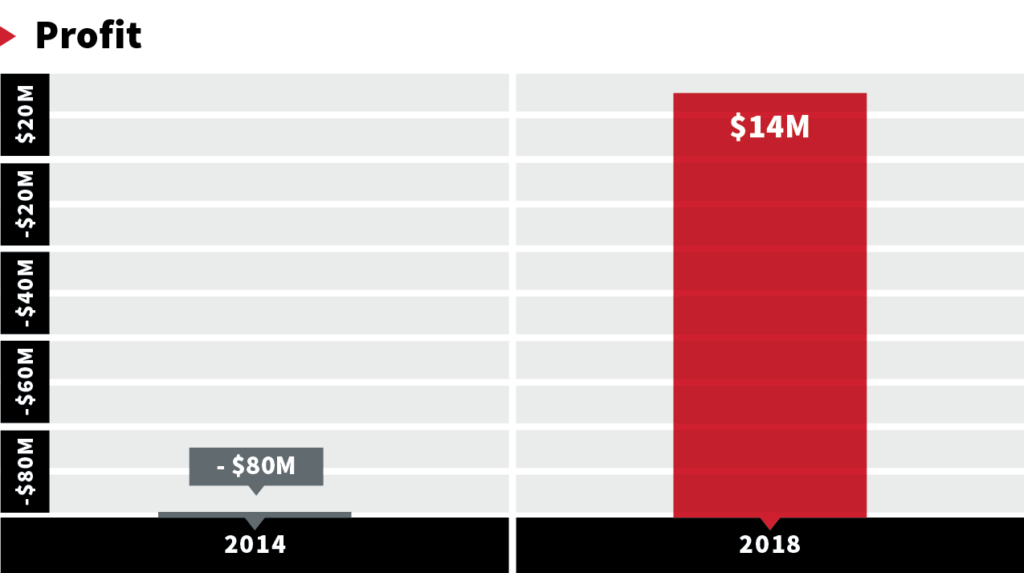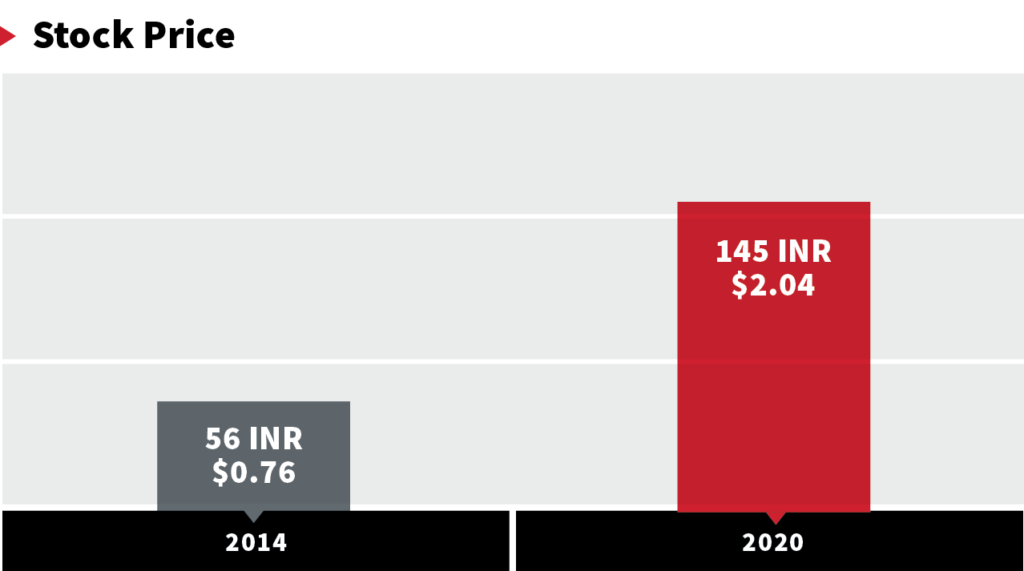Indian Hotels Company became Profitable again with the help of Hogan
The Indian Hotels Company Limited (IHCL) was founded in 1899 and currently operates more than 175 hotels across the world. Among these are the 40 “Taj” branded hotels, including the iconic Taj Mahal Palace Hotel in Mumbai.

After more than 100 years in business, the IHCL entered a state of financial crisis. In 2014, the company…
- Employed 30K workers
- Had high turnover rates
- Lacked employee engagement
- Reported lower guest satisfaction ratings
- Lost $80 Million annually
In other words, the business was operating at an unsustainable rate. To revive the business, the company took a hard look at its hotel leaders. Up to this point, general managers focused on the happiness of the guest, making sure they were well cared for and satisfied with their stay. Moving forward, their role had to evolve into one responsible for all aspects of the hotel, including financials and people strategy.
Given this, Dr. P. V. Raman Murthy led the new HR function in its work with ThreeFish Consulting, Hogan’s premier Indian distributor, to assess all general managers for essential leadership qualities using Hogan’s suite of personality assessments. The objective was to understand each general manager’s strengths and identify capability gaps, both essential for creating personalized development plans used to grow each leader with an eye toward increased profitability.
“The Company was in a sort of a deep financial crisis and the need of the hour was to focus more on driving revenues and making operating profits.”
— Dr. P.V. Raman Murthy, EVP & Global Head – HR, IHCL
During this same time period, the IHCL HR team developed a new competency model consisting of six competencies:
- Mutual Respect
- Business Acumen
- Results Orientation
- Attention to Detail
- People Enablement & Development
- Networking & Relationship Building
Mapping these competencies to the Hogan assessment scales and subscales revealed where the general managers were both thriving and falling short in terms of these core competencies. With this in hand, IHCL had a clear picture of how their general managers needed to improve at both the aggregate and individual level.
At the group level, IHCL found their general managers highly altruistic and customer centric. However, they also discovered gaps in their collective business acumen; an area ripe for development. Lastly, the Hogan results revealed general managers were micromanaging their staff with 85% scoring above average on Diligence. While high standards and perfectionism are important, a hotel manager should not spend time changing the bedding!
“No doubt, the hotel general managers should have attention to detail but when they handle a 360-degree role – dealing with customers, managing relationships with vendors, ensuring customer satisfaction and employee engagement, etc., – micromanaging would become a bane and pose no real advantage.”
— Dr. P.V. Raman Murthy, EVP & Global Head – HR, IHCL
To address these concerns, IHCL created a 9-month, long-term general manager development program. Centered on improving business acumen and staff empowerment, the new program used coaching interventions based on individual Hogan assessment results to round out any specific individual competencies.
Powerful ROI from the Financial Turnaround
In the following years, IHCL saw significant improvement in their business. Employee engagement improved, turnover diminished, and guest satisfaction increased. Critically, in 2018 IHCL reported a net profit of $14.5 million, up nearly $100 million from four years prior. By investing heavily in leadership development, IHCL turned from a failing enterprise into a highly profitable hotel business. The success in business operations generated success for the shareholders as well. In January 2014, IHCL traded on the Indian National Stock Exchange at 56 INR ($0.76). As of January 2020, it trades for 145 INR ($2.04), a nearly three-fold return.

These returns show great promise in how companies can right the ship by investing in their human capital. In 2012, McKinsey & Co. found that 63% of business executives consider leadership development to be the most critical human capital priority in their organizations. Despite this, the same survey found that few organizations are putting significant effort toward leadership development. One oft-cited reason for a lack of investment in leadership development is the difficulty in mapping it directly to a company’s bottom line. However, as seen by the case of IHCL, when leadership development is done the right way, it can have a dramatic influence on the company’s financial performance.
Special thanks to ThreeFish Consulting for research and implementation of this project.
